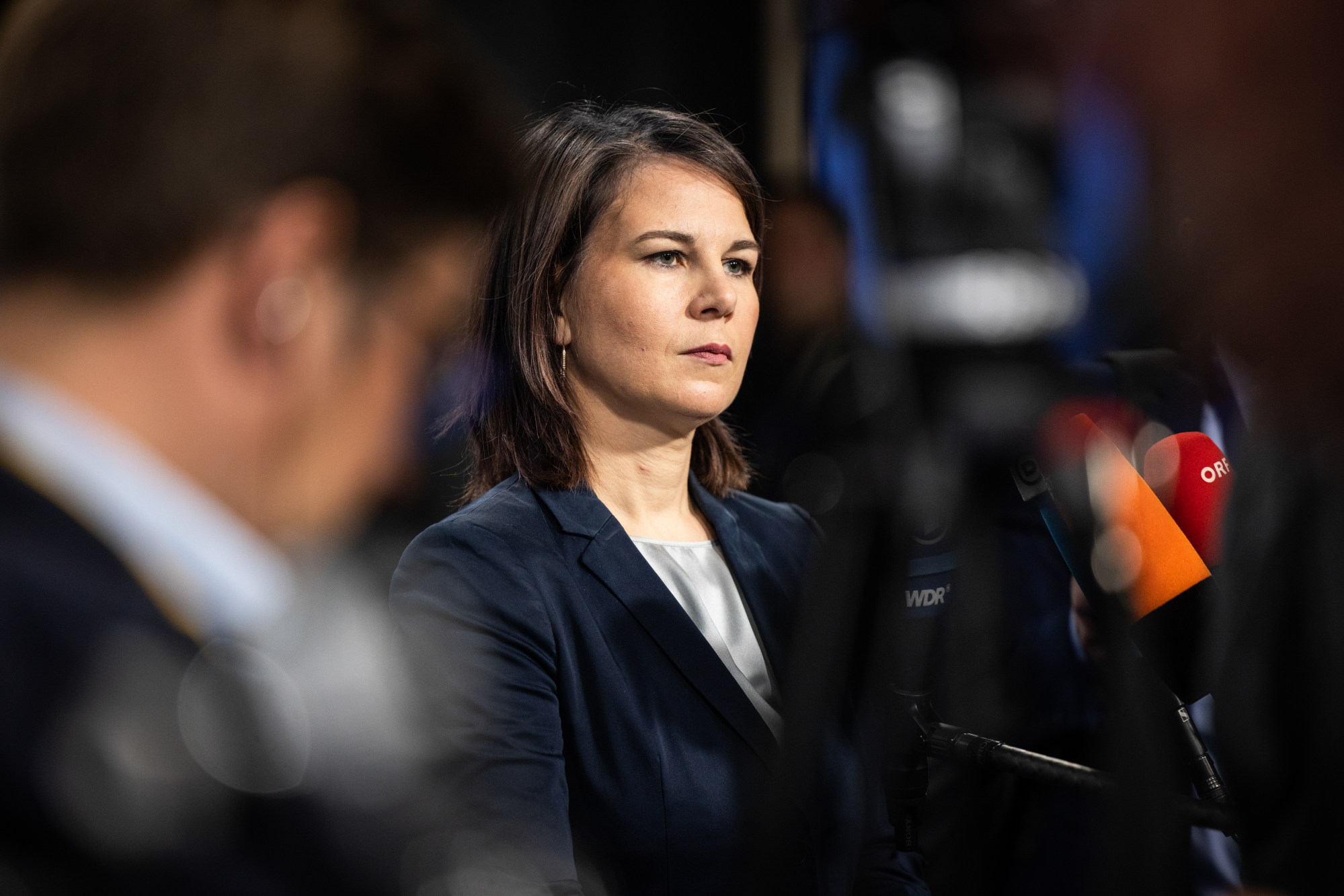
EU warns China to use influence with Russia to end war in Ukraine, else bloc cannot be ‘good friends’
- ‘We expect that China will use its role and its responsibilities’ to resolve ‘existential threat for us’, says EU foreign policy chief Josep Borrell
- Beijing practising ‘pro-Russian neutrality’, Borrell tells Post on eve of foreign ministers’ debate focused on China
“Life is complicated,” said top diplomat Josep Borrell at a press conference in Sweden on Friday evening. “If I don’t like your behaviour, you cannot expect to be good friends. It is as simple as that.”
“It is so important that China understands that what is happening in Ukraine is an existential threat for us, and we expect that China will use its role and its responsibilities. If this is not the case, our relationship will not be so good.”
But he added that “we know China is practising pro-Russian neutrality”.
“So this [peace] initiative is important for us, because we cannot have a good relationship with China if China is clearly supporting Russia.”
Borrell spoke to the Post on the eve of a debate focused on China involving the bloc’s 27 foreign ministers.
After Xi’s call with Zelensky thrilled Europe, now comes a new take: calm down
Wary of leaks and security breaches after a morning discussing Ukraine, ministers were bused off to a 17th century castle on the outskirts of Stockholm. There they were locked in a room with no phones or other electronic devices for four hours to discuss how to recalibrate ties with China.
The Spaniard claimed members stood united behind the nine-page document, which calls for continued engagement with Beijing, even as it warned of the growing threat from an increasingly “nationalist and ideological” rival.
“The 27 are united behind the music of this text,” Borrell said. “I haven’t seen any concrete disagreement.”

The paper outlined grievances with China’s nationalistic and ideological shift away from economic opening up, and noted the country’s efforts to “rebuild the world order” in its own image.
It made clear that the EU saw China as more of a “systemic rival” than a partner, but said capitals should keep engaging with Beijing. Such cooperation could “break through a growing self-induced isolation of the Chinese leadership, but most importantly should advance the EU’s core interests”.
“If we are to build new stability in our complex relations, the EU and its member states should remain firm but not confrontational. We should be clear-eyed about the nature of this relationship,” it added.
A senior EU official involved in the drafting said the text was painstakingly put together.
EU racing to devise new China strategy with ‘de-risking’ at its core
“Every word has a meaning and every sentence has been put in the right structure,” the official said.
However, behind the scenes some diplomats were already pushing back against the assertion that the 27 were on the same page.
“It seems that somebody is tone-deaf,” said one, adding that the document conveyed an “apologetic tone” suggesting Brussels was not seriously committed to revamping ties with Beijing.
A second described it as “meandering”, but believed such as the price the EU would pay for trying to accommodate members with such competing interests.

Arriving at the Stockholm summit on Friday morning, ministers offered mixed reviews on the report.
“I underline that unfortunately systemic rivalry has risen significantly in recent years. We have to make that clear together here, we as Europeans can only speak with one voice, which is then heard in foreign policy,” said German Foreign Minister Annalena Baerbock, ostensibly approving of the text.
Lithuanian Foreign Minister Gabrielius Landsbergis, on the other hand, said it needed to be “stronger” and that Europe should be preparing for the risk of decoupling.
“I don’t hear any advocate for decoupling,” Landsbergis said. “Before February 24, we haven’t heard [anyone] talking to anyone about decoupling from Russia, but here we are.
“Somebody needs to devise the possibility, hopeful that there are people putting their mind and time in it.”

